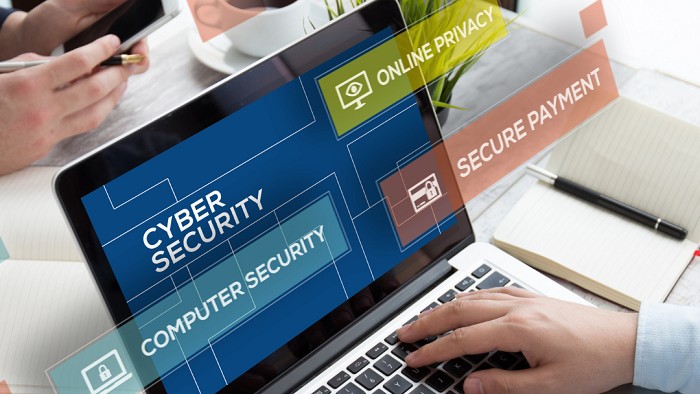Life Happens Online #getcybersafer

Cybersafer
Intelligence
Specialist
Diploma
Online
Inside Intelligence reports that the average Canadian spent 10 hours and 12 minutes online every day in 2021. With the fast-paced life people lead, the convenience of online services is welcomed and for many people, life happens online. People can communicate with loved ones, they can work remotely, they can attend events and they can purchase goods and have them delivered to their door. The pandemic has forever changed how Canadians carry their everyday and it also gave many people a reason to try online services that they were not comfortable with. Businesses such as online banking and grocery shopping that had an online presence already were more adopted. Traditional “brick and mortar enterprises”, or enterprises that mainly used retail store locations, had to pivot. Now, there is a wider range of services offered online: doctor’s appointments, gym classes, pottery classes; you name it and you are likely to find it.
With the increase of the time spent online, there has also been an increase of cyber crime. According to CTV News, cybercrime has increase during the pandemic and it included “phishing attacks, malware attacks, fraud attempts and hacked accounts”. According to the 2021 Cyber Edge Report, 87% of companies reported a shortage of qualified IT professionals in the area of security. Online companies want their clients to trust their businesses and invest heavily on cybersecurity. This has opened the door for new, exciting careers in the field of cybersecurity. These can be: information security analysts, digital forensic examiners, IT auditors, penetration testers and cybersecurity managers. Cybersecurity specialists can work for banks, for online stores, for educational institutions and any field that has an online presence. Did you know that International Gateway Kelowna offers a Diploma of Cybersecurity Specialist with co-op and a Diploma of Cybersecurity Specialist? If you are looking for a change into a growing field that is in high-demand, it is a great place to start.
In the meantime, keep yourself safe online and follow these tips:
1. Do not use your password more than once. Commonly, many people use the same password for several accounts. If criminals gain access to your password from one hack, they will try to use it in several accounts and take over all of your accounts to gain access to your friends and family.
2. Use strong passwords. These should have a combination of special characters, lower case and capital letters and numbers and do not use dictionary words. This will make it much more difficult for your accounts to be hacked.
3. Use 2-step or multi-step verification log ins. These could be you typing your password + receiving a code in your phone to add to your log in to ensure that even if a hacker gets your password, it is simply not enough to get into your life.
4. Be skeptical. If you receive a call from your bank or any institution asking for your password, hang up and call the company directly. Do not ask the person who is talking to you to provide the number to call as often they may direct you to a number part of their scam.
5. Always log out from your accounts when you step aside from your devices. Many crimes are crimes of opportunities.



